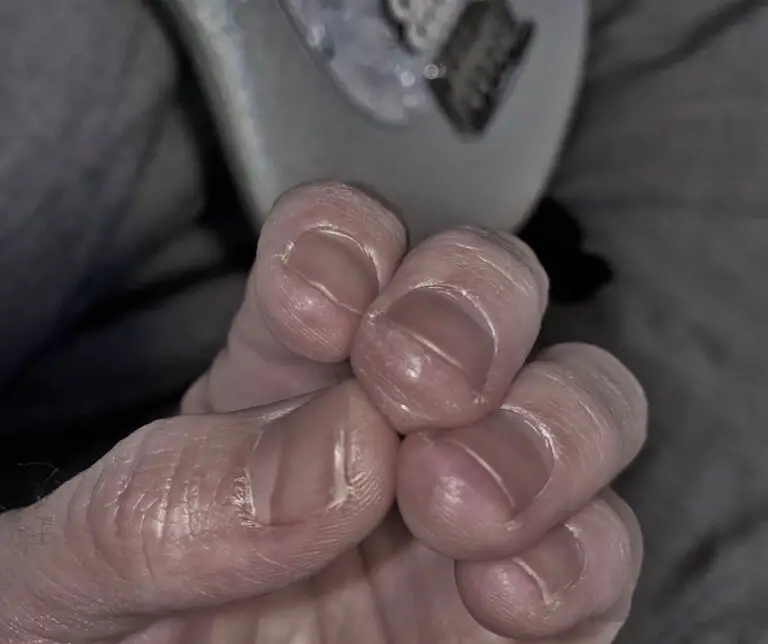Why Did MTV Go Away? The Life and (Kinda) Death of MTV
At one point, MTV was one of the most widely recognized music programs. Having watched MTV years ago, it was a pinnacle of my childhood, and maybe yours as well. As years went on, MTV has changed to something unrecognizable. You might be one of many asking the question: why did MTV go away?
But, MTV didn’t go away, instead, they’ve experienced significant changes. Over the years, the growth of the internet played a large role in MTV’s need to adapt. Today, MTV doesn’t reflect what it used to be. Due to the decline in popularity, MTV’s future is uncertain.
For many people, MTV is a shadow of its former self. So, let’s take a trip down memory lane. Below, you’ll learn about the life and perceived death of one of the world’s largest music programs.
When Did MTV Start?
On August 1, 1981, MTV, or Music Television, first aired to millions of viewers. It was founded by Robert Pittman, a radio person who wanted to leverage the paid TV phenomenon of the era.
MTV reached two million viewers in less than a year and ten million viewers within two years. This program was an immense success, lasting for years after the 1980s showing.
Because of this high demand, MTV would eventually split up into sub-channels (i.e. cartoons, documentaries, reality TV, etc.) to tailor itself to different customers. Remember this for later in the article.
Over 40 years later, MTV remains afloat and continues to feature a variety of programs. But, it’s focused has heavily shifted from music television to a wide range of pop culture features.
Who and What Was MTV’s Original Focus?
As the name suggests, MTV was focused on featuring new music and artists.
It ran 24/7, playing a plethora of music from various musicians non-stop. All music played on MTV was provided for free by record companies. These companies recognized MTV’s potential to grow and reach viewers beyond their view count at the time. It was a true music television program designed for aspiring musical artists and the young adult demographic (12-34 years old).
Many others who were fascinated by the style and tone of MTV were also hooked.
Overall, MTV’s goal was to provide non-interrupted music to be experienced by millions of people all day and every day.
When and How Did MTV Change?
MTV received a high number of demands to expand their musical focus into other niches, such as cartoons (Beavis and Butt-head, Celebrity Deathmatch, Daria, etc.), reality TV shows (The Real World, Jersey Shore, 16 and Pregnant, etc.), documentaries (Fresh Out Live and The Challenge), and more.
Program content such as these quickly overtook what MTV was primarily known for, which was music.
As MTV left the 1990s into the 2000s, its 24-hour music video broadcast was becoming irrelevant in favor of more television niches. One popular example: The Real World. This show guided what reality TV shows would be in the coming years, and one of the best places to feature these shows at the time was on MTV.
MTV wanted to compete against other cable television programs airing at the time. Programs such as Boomerang, VH1, HBO, and National Geographic Channel were focused on specific niches and became thorns in MTV’s side.
From this rise in cable television programs and with the ongoing demands, MTV attempted to do too much at once, which could be attributed to their lack of focus on who they were in the first place.
How the Internet Changed MTV’s Business Model
Another factor that contributed to MTV’s decline in popularity and focus was the growth of the Internet.
In particular it made MTV obsolete for people who wanted to listen to music. After all, why would you wait for your favorite music video when you could just view it on YouTube?
When music streaming platforms like Pandroa and Spotify came later, MTV didn’t work. It’s this foresight that helped MTV change its model before it was too late.
MTV, and many other cable television programs, had to adapt to this change, as cable television was becoming irrelevant. Though not completely absent, cable television is no longer a popular way to view new content from MTV.
Most of today’s MTV content is viewed via third-party services such as Paramount Plus, Comedy Central, VH1, and others. Even if you view MTV on its cable format, 95% of the programs being shown are reruns of Ridiculousness, Joe Dirt, Teen Mom, and Catfish.
Is MTV Still Popular Today?
MTV’s popularity has been declining, and it was virtually dead by 2010. It survives on releasing new reality shows and reruns of former reality shows.
MTV survives on hosting shows like Jersey Shore, RuPaul’s Drag Race, and The Family Stalone. It returns to it’s music roots occassionally by looking at various award shows.
So, some of its content is popular, but it lacks the same punch as it had.
Today, other outlets and TV shows are preferred. Outlets such as Netflix, HBO Max, Hulu, and Disney Plus are highly used streaming services that MTV cannot successfully compete with.
YouTube is now one of the preferred platforms to watch music videos and listen to music on, and it is free to use. If you want to watch MTV, you have to subscribe to Paramount Plus, which costs about $5 per month.
Even if MTV attempts to be a successful streaming service itself, they are under the company Paramount Global. They are no longer an independent company, and nearly all popularity is for Paramount’s benefit.
Will MTV Exist in The Future?
In the end, MTV still exists, but how long will it last?
Though declining in popularity, MTV does have a fair presence on social media and remains active online. Other than this, MTV can’t be saved unless it takes drastic measures.
Many people believe MTV should reconnect with its roots, but it’s a completely different world today. So, for now, MTV can survive on reruns (through MTV Classic) of old shows and reliance on MTV. Any future in music is uncertain.
If there’s anything that MTV still has it going for them, it is the brand name. The MTV name remains familiar to both old and new viewers alike.









